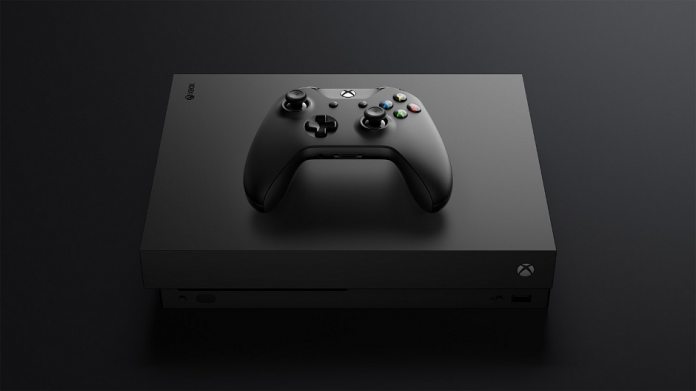“Gaming is uniquely designed for equality. We don’t just walk in someone’s shoes – we stand on equal footing, regardless of age, education, socioeconomics, race, religion, politics, gender, orientation, ethnicity, nationality, or ability,” said Spencer in a blog post. “Gaming doesn’t just bring stereotype-defying gamers together; it unites us through our universal language of fun and answers our human need to play.” Spencer points to studies that highlight the positives of gaming, from improving memory in Alzheimer’s patients to a reduction of stress and depression. Unfortunately, there are those who find it amusing the ruin the experience for others, and Microsoft has promised to act swiftly in those cases. “We will identify potentials for abuse and misuse on our platform and will fix problems quickly. We are also intent on expanding the composition of our safety team so wide-ranging perspectives can help us identify future safety problems and solutions,” said Spencer. As such, Microsoft has released an updated version of its community standards. More critically, it will continue to share innovations like its PhotoDNA technology, which cuts down on child pornography, alongside future gaming-specific safety tools. The Xbox team is asking others in the industry to join its principles, specifically mentioning the rise of services like Google Stadia and Apple Arcade, which will bring more gamers into the fold. Still, some would argue that the best way to combat bad behavior is positive reinforcement, rather than negative. Team-based shooter Overwatch has had much success by offering additional exp if a player endorses their behavior. Techniques like this from developers in combination with Microsoft’s efforts are likely to make some progress.




